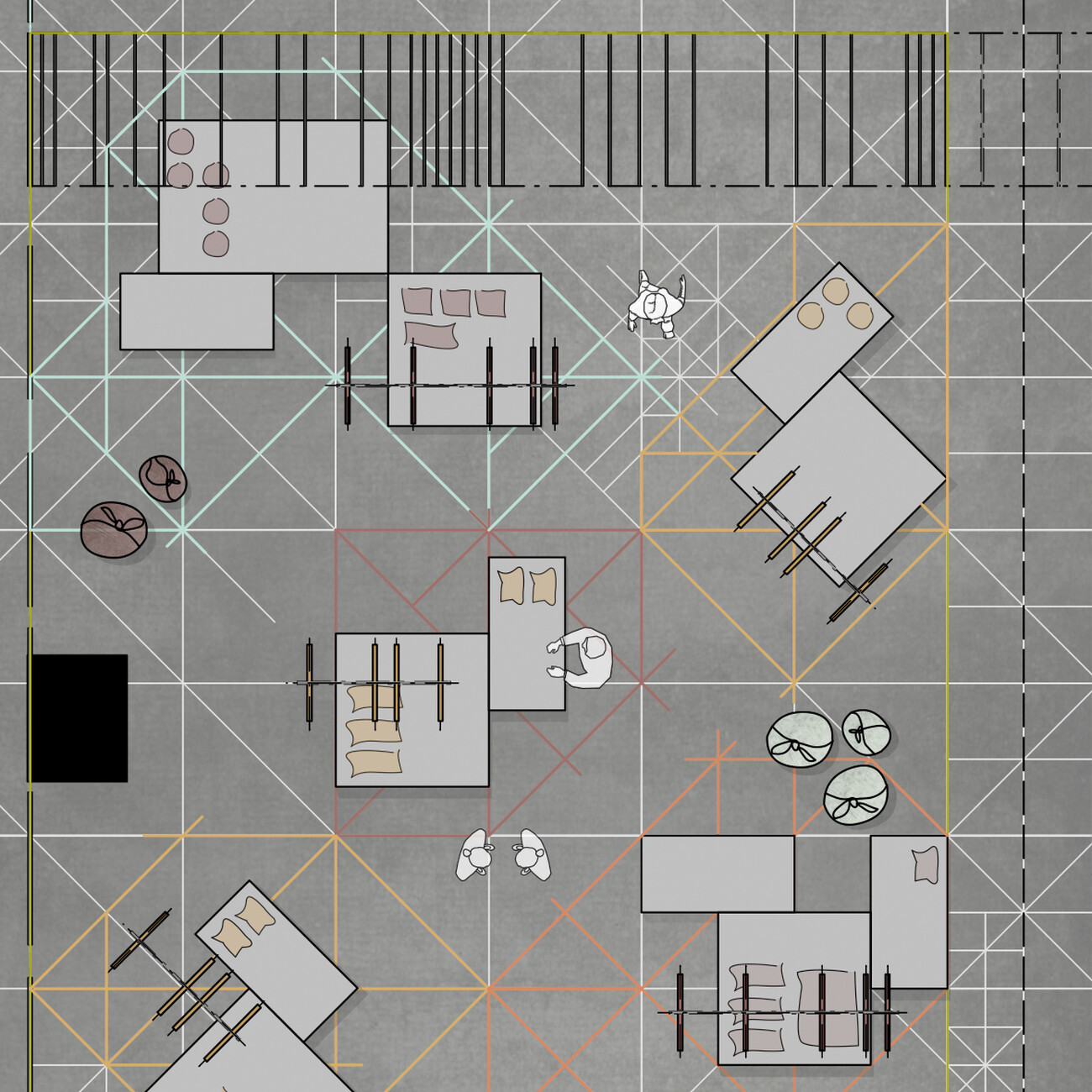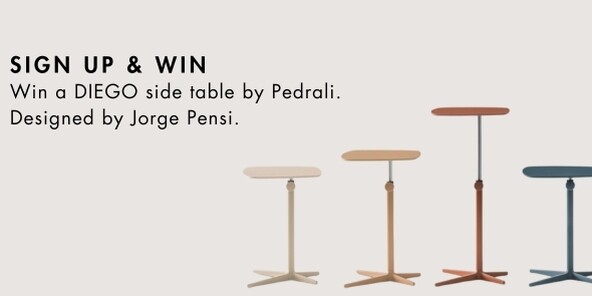In touch
Casing, function, and decoration: For the refined packaging of objects, for transportation and ornamentation, cloth has represented a sustainable alternative for decades. In the Japanese tradition of “Furoshiki,” this takes the form of a square piece of cloth that is artfully folded and twisted. The more colorful the textile, the more varied the end result. For the Interior.Architecture.Hospitality Expo at Heimtextil in Hall 4.2, the studio ushitamborriello has drawn inspiration from the idea underlying “Furoshiki.” In this context, what a textile can achieve as a separating element between inside and outside, as a connecting, strengthening, and acoustic element, is as much a subject for examination as its mellow nature, which reacts differently from the paper used in origami when folded in soft lines. In the installation, the materials used are not limited to the silk crepe traditionally preferred for the technique of Furoshiki. Instead, the textiles with their various densities and knits flexibly define the inner and outer space. Particular alignment means the variance is reflected on the floor of the hall, which also serves for orientation.
In order to get new perspectives on the textiles, visitors are invited to change their views by playfully exploring the space. “It is through movement that new spaces open up,” says Ushi Tamborriello. With a comprehensive program of talks, presentations, and interactive elements, the Expo is set to be a center for object design and, as last year, a communication zone for the experts.







